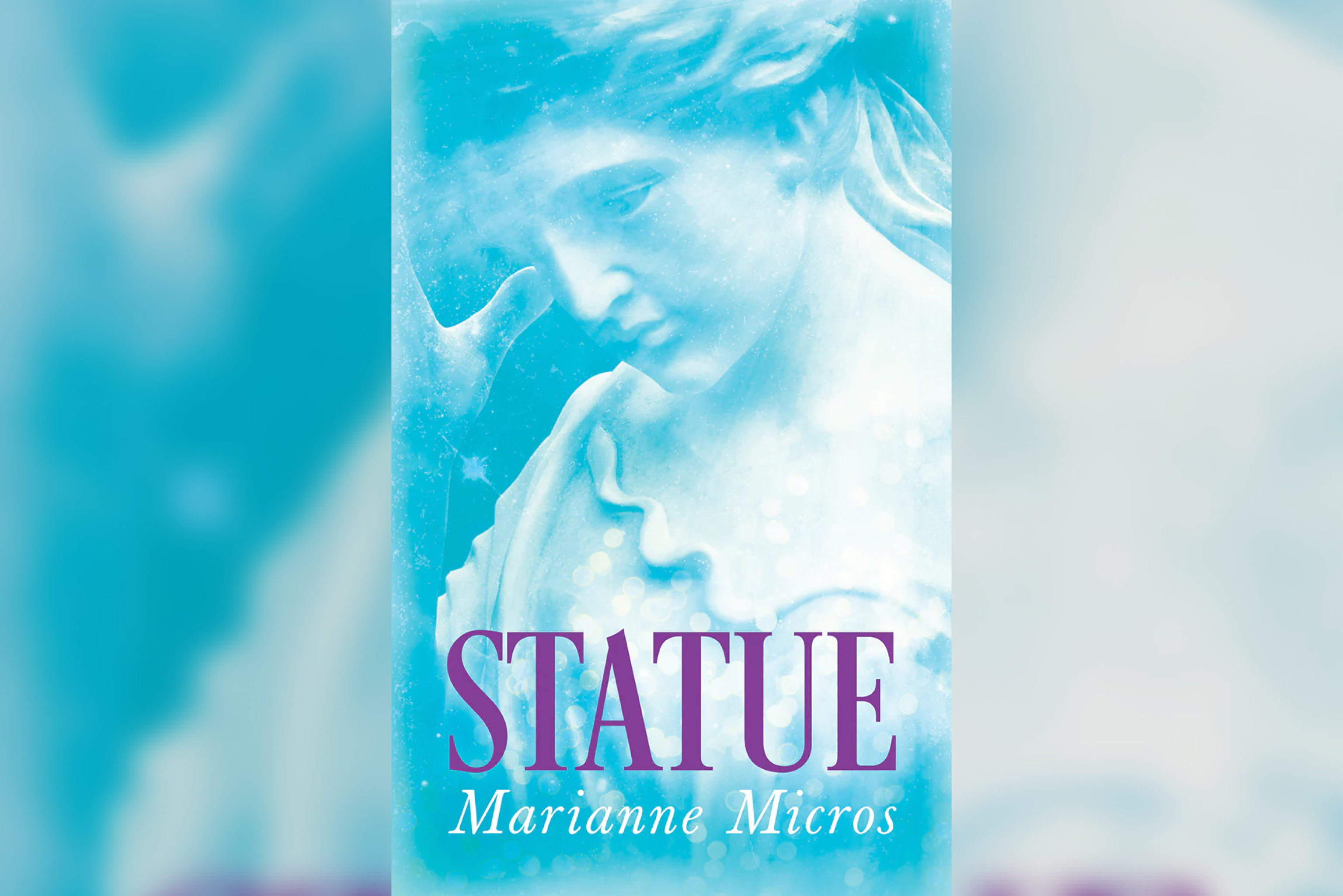
by Kiana Sarmadi | Aug 19, 2024 | Culture
This specific minimalist design stands in contrast to the warmth of a jumbled colourful bookcase or library in an English parsonage, where the illustrated covers, each strikingly different, create a charming picture. It belongs to a long tradition in the French literary scene where the books are dressed in uniform, simple covers so the reader will not be attracted to the book only by the visual appeal of the cover.

by Kiana Sarmadi | Apr 4, 2024 | Literature, Opinions
When you pick up this book, keep your wits about you, you will need them.

by Kiana Sarmadi | Aug 10, 2023 | Fiction, Literature, Opinions
American literature is littered with writers aping Hemingway, but instead of creating a purposeful and precise piece, they compile a redundant series of descriptions and lifeless imagery that hardly achieve anything. Marianne Micros’ prose is not following in that tradition but despite the wealth of ideas, in its simplicity, it lacks personality or a distinct voice.

by Kiana Sarmadi | Jan 14, 2023 | Creative Non-Fiction, Culture, Literature
Beneath the ordered cerebration of waking hour, beyond the sober images reeling before us, lurks a chimera of hypnagogic mirages and mauve phantoms. It is the shadowland where illicit lovers, infertile mothers, and poets embrace their ghosts and mourn their unborn. Women find themselves thrown into this dim realm of flickering forms at that late hour when the departure of their men abandons them to anxious conjectures of a life that could even now turn in their womb and mould into flesh with the ripening of time.

by Kiana Sarmadi | Sep 21, 2022 | Literature
We all live through the eyes of others; usually infinite sets of anonymous eyes, sometimes a multitude of known ones, or a limited beloved set. Regardless of their numbers or kind, they do not only spy on us, but also shape our character. We are inevitably and viscerally aware of their gaze, and from early childhood, learn to know ourselves as we are seen by others.






